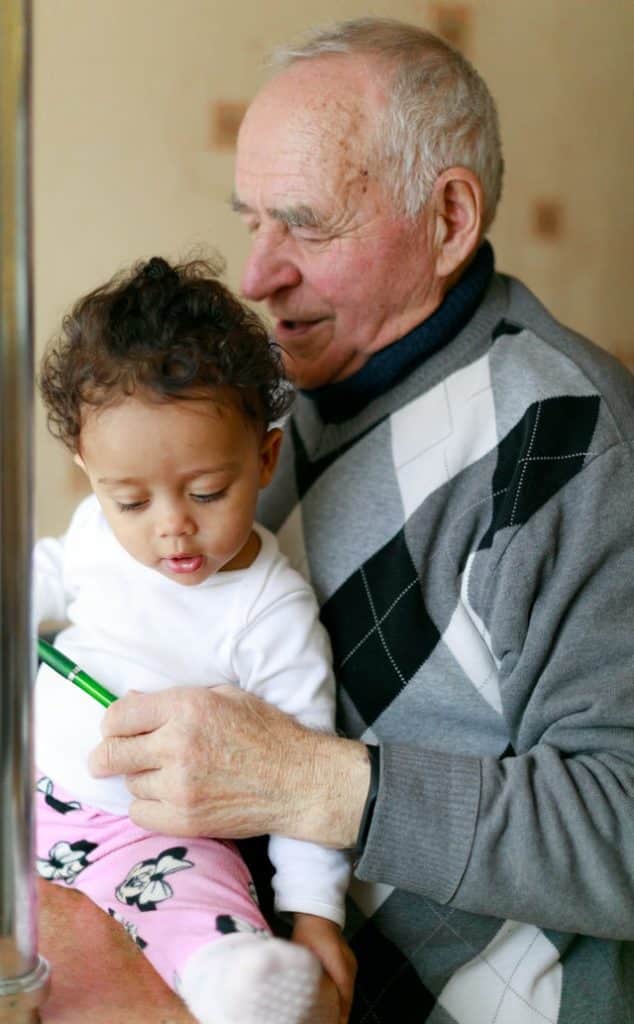Prospective kinship carers do not have access to the legal advice and representation they need, which can have devastating consequences not only for them but the children they care for, The All-Party Parliamentary Group on Kinship Care has warned.

A report by the APPG found that almost 4 in 10 kinship carers had not received any legal advice about their rights and options for their kinship child.
Chief Executive of the Family Rights Group, which provides the secretariat to the APPG, Cathy Ashley said: “Kinship carers should not have to spend hundreds and thousands of pounds of their own money, sometimes leaving them in significant debt, to give a child in their family network a safe home and to secure the support the child and their carer needs.
“Decisions made in court can have a lasting impact throughout the child’s life so carers must be able to understand their rights and options, be supported to make informed decisions and effectively participate in any proceedings,” she added.
There are currently record number of children in care in England and Wales https://www.willispalmer.com/children-in-care-at-record-high/ and the system has been described as in crisis. Yet the APPG heard from hundreds of kinship carers across England and Wales, and found evidence of instances where, rather than supporting family and friends who wanted to give children a safe and loving home, the system made the process so confusing and stressful it seemed designed to actively discourage them.
The report ‘Lost in the Legal Labyrinth’ found:
- 82% of kinship carers did not feel they knew enough about their legal options to make an informed decision about the best options for their kinship child.
- A third said they were not satisfied with their current legal arrangement for their kin-ship child.
- For those who had experience of court proceedings in relation to their kinship children, almost a third had to represent themselves at least for some of the time.
- Over a third of kinship carers had made personal contributions to the costs of legal advice, court fees and legal representation.
- Of those carers: 47% had costs up to £1000; 27% between £1001 and £5000; 16% between £5001 and £10,000; and 9% in excess of £10,000.
Shanayd, a kinship care to her two-year-old niece, told the inquiry that at four months old her niece was in foster care until the court ordered the local authority to explore whether relatives could help. Shanayd said: “Being assessed was a frightening experience, having never been involved with children’s services. I was a working mother but did not have enough money to approach a solicitor privately. There was also a level of mistrust within our family as we knew the local authority had our details on file and had not sought to approach us… I was too frightened to challenge the local authority because I thought that they might give me a negative assessment and that my niece could be lost to adoption.”
“When I first attended court, I was so worried as I did not know what to do and how to do it. However, I met a duty solicitor at court that day. She advised me that I needed legal representation as the local authority had successfully assessed me and was concerned that I did not know anything about the proceedings or the order I was seeking to apply for… The solicitor agreed to represent me for that hearing.”
The inquiry, launched in January 2022, also heard from leading legal practitioners and organisations in child and family law, and from non-for-profit advice services. The APPG heard evidence describing a broken child welfare and family justice system that does not sufficiently support relatives and friends to step in to prevent children entering the care system and be cared for by strangers.
The APPG has made a number of recommendations for national and local government and the family courts including:
- For kinship care to be clearly defined in law, to ensure it is recognised by public services with clearer access to support.
- Adequate funding for not-for-profit independent legal advice, information services and advocacy services specialising in child welfare and family court law and practice.
- For local authorities to review their family and friends care policies to clearly set out local arrangements for funding legal support.
- Improved monitoring of the family justice system’s approach to kinship care.
Cathy Ashley concluded: “Instead of freeing kinship carers up to focus on the needs of the children they are caring for, often in times of acute crisis, the current system draws them ever deeper into a confusing and costly legal labyrinth. Reform cannot come soon enough.”


